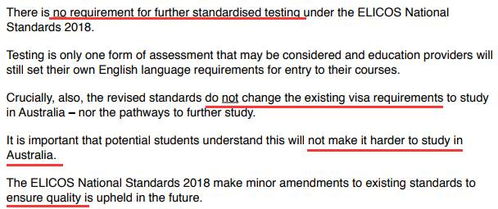Discover How to Pronounce Your Title in English!
The article you requested revolves around the pronunciation of the word "要求" in English. Understanding how to correctly pronounce this term in English can be crucial, especially in an academic or professional setting where clear communication is vital. In this article, we will explore various aspects related to "要求" and its English equivalent, focusing on pronunciation, usage, and context.

The Chinese word "要求" translates to "request," "demand," or "requirement" in English. Each of these English words carries a slightly different nuance, but they all relate to the concept of asking for or needing something to be done or provided. Now, let's delve into the pronunciation of these English words.
Pronunciation of "Request":
The word "request" is pronounced as /rɪˈkwɛst/ in Received Pronunciation (RP), which is often considered the standard British English pronunciation. In American English, it is pronounced as /rɪˈkwɛst/ or sometimes with a slightly flattened vowel sound, approaching /rɪˈkwest/.
Here’s a breakdown of the phonemes:
/rɪ/ - The "ri" sound at the beginning, similar to the "r" in "red" followed by the "i" in "sit."
/kw/ - A combination of the "k" and "w" sounds, pronounced quickly together.
/ɛ/ - A short vowel sound, like the "e" in "bed."
/st/ - The "st" sound, pronounced like the "s" in "sit" followed by the "t" in "hat," but with the tongue touching the teeth ridge.
When pronouncing "request," make sure to stress the first syllable, "re-," and use a smooth transition between the consonant clusters.
Pronunciation of "Demand":
The word "demand" is pronounced as /dɪˈmɑːnd/ in both British and American English, with minor variations in vowel length and intonation.
Here’s a breakdown of the phonemes:
/dɪ/ - The "di" sound, similar to the "d" in "dog" followed by the "i" in "bit."
/mɑː/ - A diphthong starting with the "a" in "father" and moving towards the "o" in "go," but held longer.
/nd/ - The "nd" sound, pronounced like the "n" in "no" followed by the "d" in "had," but with the tongue at the alveolar ridge.
When pronouncing "demand," the stress is on the first syllable, "de-," and the vowel in the second syllable, "ma-," is held relatively long.
Pronunciation of "Requirement":
The word "requirement" is pronounced as /rɪˈkwaɪəmənt/ in British English and /rɪˈkwaɪərmənt/ in American English.
Here’s a breakdown of the phonemes for the British pronunciation:
/rɪ/ - The "ri" sound, as discussed before.
/kw/ - The "kw" sound, as discussed before.
/aɪ/ - The "ai" sound, like the "i" in "ride."
/ə/ - A schwa sound, a neutral vowel sound in unstressed syllables.
/m/ - The "m" sound, pronounced with the lips closed and the nasal cavity activated.
/nt/ - The "nt" sound, pronounced like the "n" in "no" followed by the "t" in "hat," but with the tongue touching the teeth ridge and the nasal cavity still activated.
For the American pronunciation:
The difference lies mainly in the vowel sound in the third syllable, where "aɪ" becomes "aɪər," adding an extra syllable with an "r" sound at the end.
When pronouncing "requirement," stress is typically placed on the first syllable, "re-," with the vowel in "waɪ-" held clear and distinct.
Contextual Usage:
Understanding the pronunciation is one part; knowing how to use these words in context is another.
Request: This word is often used in polite or formal situations where you are asking someone to do something for you. For example, "I requested a copy of the report from the manager." It suggests a more courteous and potentially negotiable ask.
Demand: This word carries a stronger, more assertive tone. It implies that what is being asked for is necessary or expected, and there may be less room for negotiation. For instance, "The customers demanded a refund for the faulty product."
Requirement: This word is
- 上一篇: 揭秘:猹——这个神秘生物究竟是什么?
- 下一篇: 如何找到冀e青春手机APP登录入口
新锐游戏抢先玩
游戏攻略帮助你
更多+-
11/26
-
11/26
-
11/26
-
11/26
-
11/26









